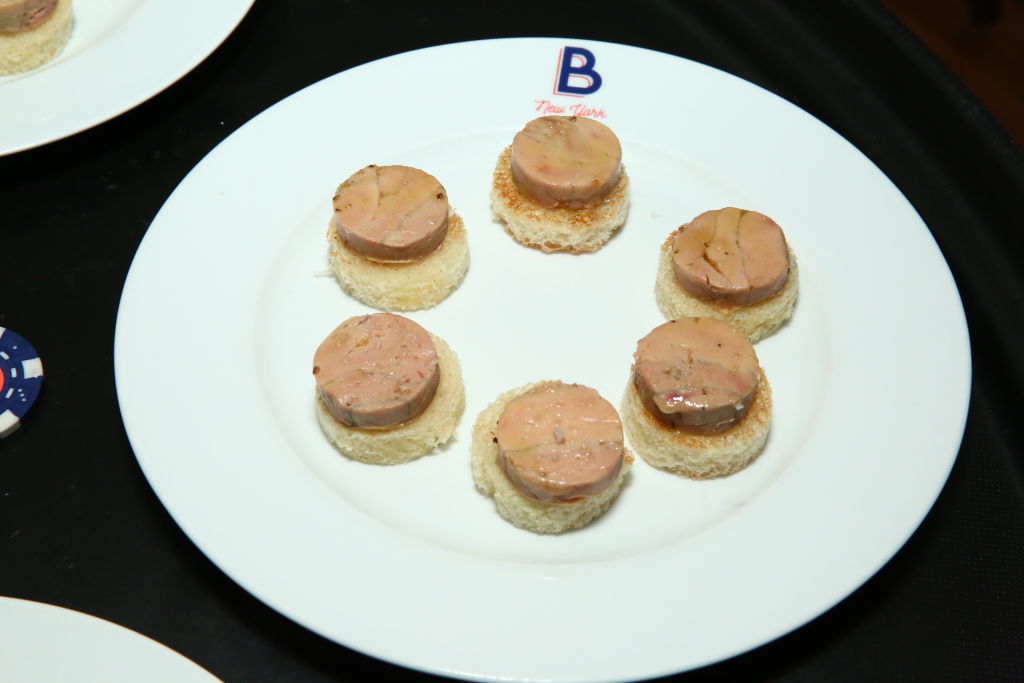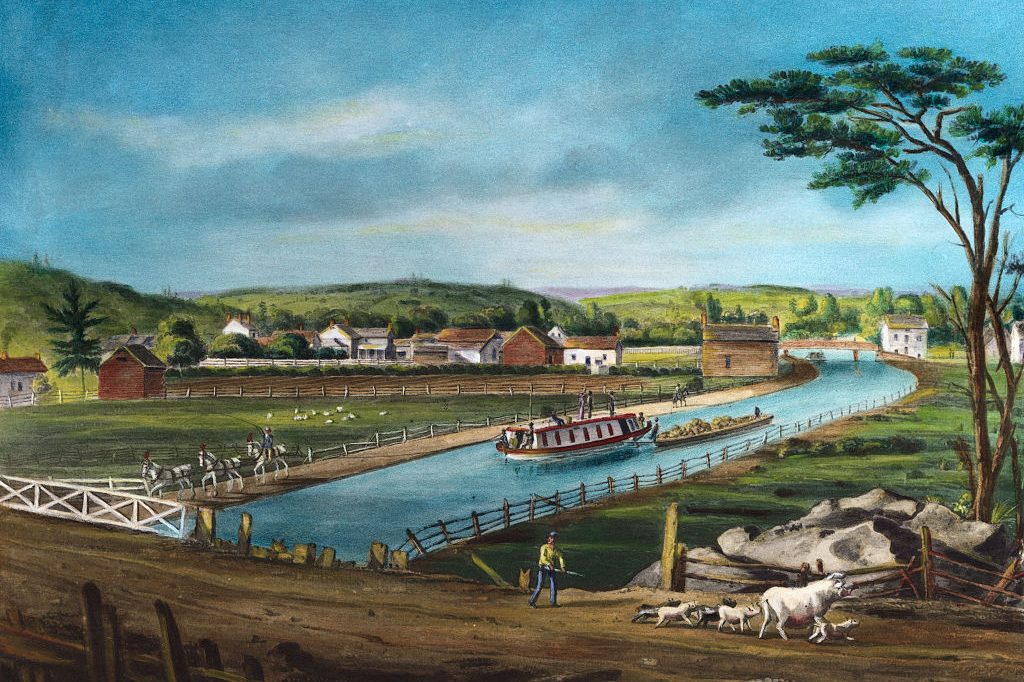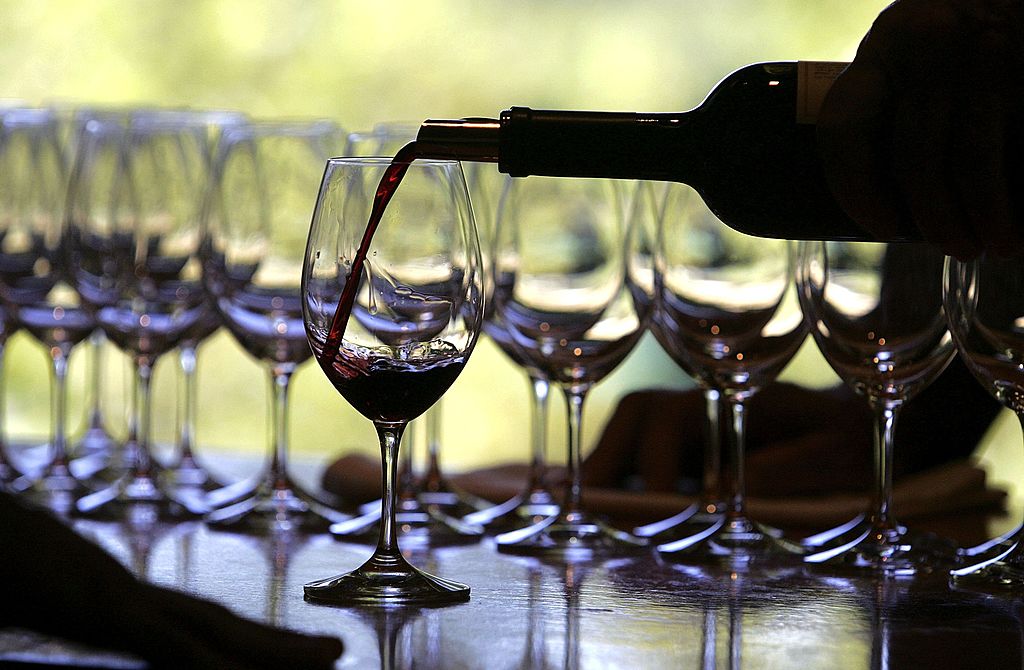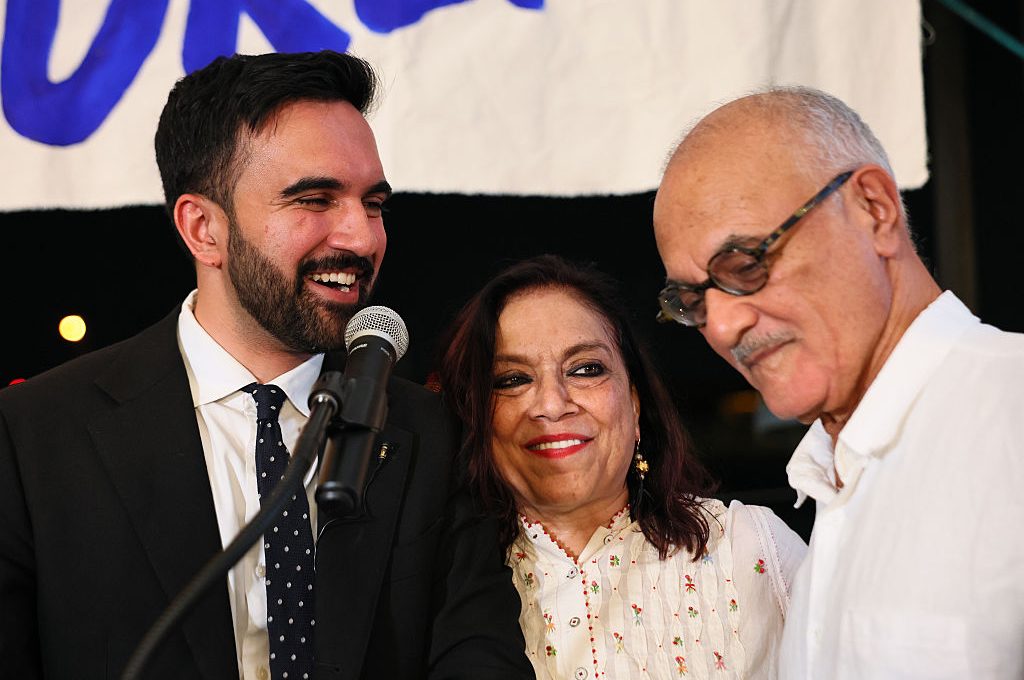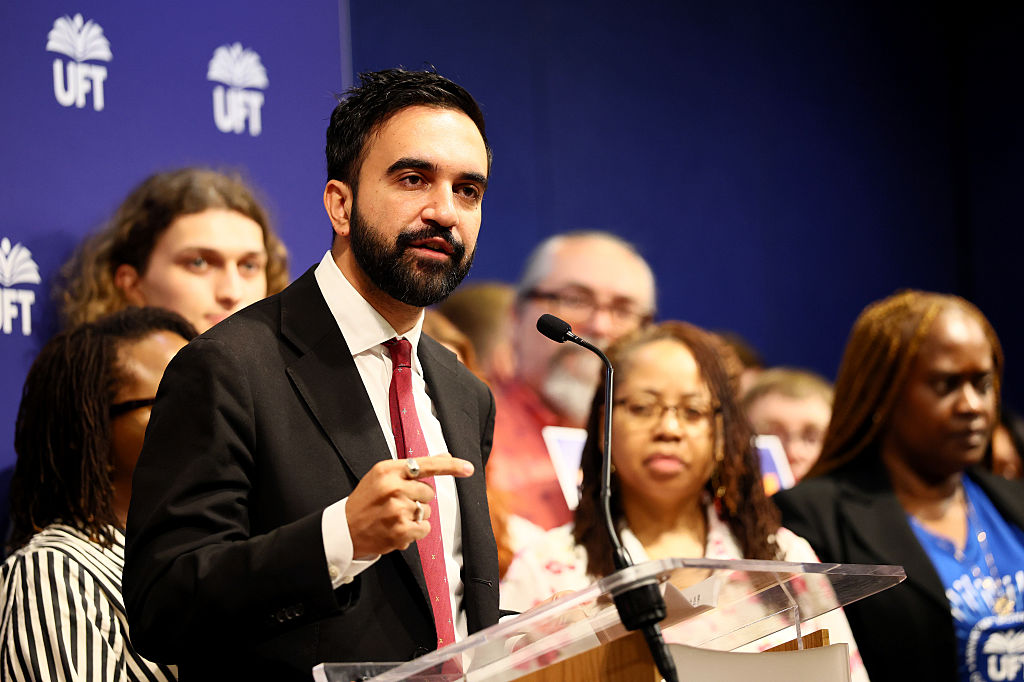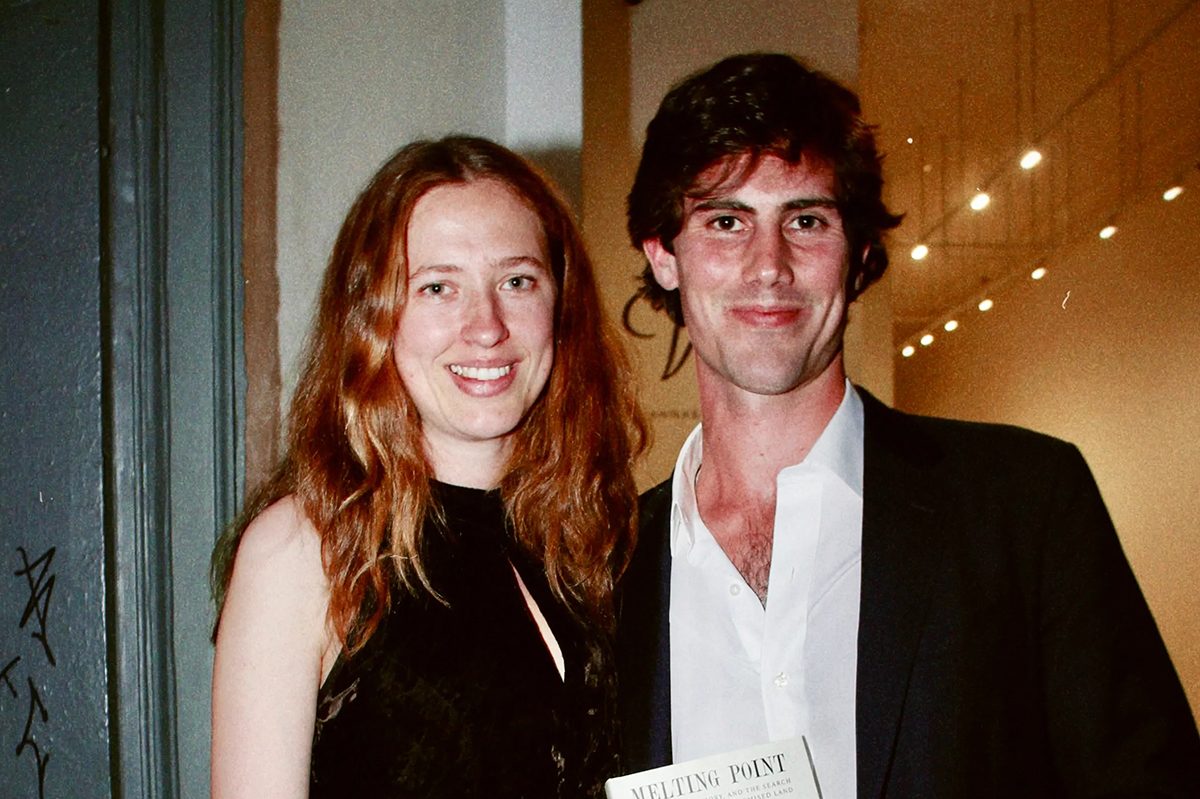This article is in
The Spectator’s December 2019 US edition. Subscribe here.
Drown the Yquem and bury the Burgundy! Cover up the caviar! Abscond with the escargot, and for good measure lock away the langoustines! The class war is coming to New York City.
On October 30, the city council, taking a break from doing nothing about the homeless and the garbage, passed a law prohibiting the sale of foie gras — fattened duck or goose liver — beginning in 2022. Of the 51 members, 42 voted in favor and 30 signed on as co-sponsors. In a town where no one can agree on anything, pretty much all of our politicians could go along with Councilwoman Carlina Rivera, who introduced the bill — and who said that gavage, the method by which the birds are fed to ensure large and tasty livers, ‘is one of the most violent practices and it’s done for a purely luxury product’.
In one statement, Rivera proved the ban is about much more than animal rights. It is about punishing the rich. And it has to be, because the animal-rights case has no merit.
Immediately following the ban’s passing, I spoke with Sergio Saravia, the president of La Belle Farm of Ferndale, New York. La Belle is one of two New York State foie gras producers, the other being Hudson Valley right next door. Saravia explained how the feeding process of his ducks is far removed from the grim allegations of the anti-foie lobby. There are no long metal tubes stuck down birds’ throats; La Belle uses proprietary small rubber ones. In any case, birds, unlike humans, have no gag reflexes. And they have a gizzard which controls how much they’ll digest.
The birds don’t receive what Saravia lampooned as ‘10 pounds of feed with motor oil in it’; instead, the feeding mimics what the birds do in the wild, when gorging ahead of an uncertain winter. And speaking of the wild, the birds live outdoors, not in cages. Their conditions are nothing like those of factory-farmed chickens, which, it won’t surprise you, remain legal in New York.
Rivera and her colleagues might have learned all this if they’d bothered to visit La Belle. Not one did, despite repeated invitations. Some council-members’ staffers offered to schedule appointments for inspections; Saravia told them there was no need to schedule, as he had nothing to hide. None came anyway. The law’s suggestion that its delayed enaction will allow producers to change their ways displays only ignorance: there is no other way to produce the delicacy. And the assertion that the ducks die in vain, their livers left to be devoured by bloodthirsty plutocrats, also evinces a lack of research. Saravia’s slaughtered ducks aren’t thrown away after their livers are extracted. Every part of the bird is used, from its breast meat to its down feathers. It’s as green as green gets, if only the greens saw anything other than red.
In a just world, Saravia would be the sort of immigrant hero the American left would promote: he arrived in the United States from El Salvador in 1989, joining his father, an employee at Hudson Valley, thanks to the farm’s generosity in helping with the boy’s petition. Saravia fils became an immigration lawyer and later president of the farm next door to the one his father had worked for. He now employs a hundred people, many of them immigrants themselves. That Saravia is instead labeled an enemy by the New York City Council shows how profoundly misanthropic the apparatchiks of the political left are.
This privileging of abstract concerns (and worse, ones unfounded in reality) over human ones mirrors the pattern established when Gov. Andrew Cuomo banned fracking in New York State in 2014: forget you upstate residents trying to earn a living, we have virtues to signal. The California foie gras ban, upheld in 2017, has cost La Belle $50,000 a week in revenue. Currently, New York City, the farm’s biggest market, comprises a third of its business. Jobs will be lost if the bill stands. But the politicians have become too fat and happy, gorging on their own virtue, to care.
Clearly the image Councilwoman Rivera has in her mind is of Julia Stitch, in Evelyn Waugh’s Scoop, ‘in the Duke’s dressing-room, sitting on a bed, eating foie gras with an ivory shoe-horn’. This assumes Rivera has ever read Waugh, which I think unlikely given her joylessness. All the same, I’d like to correct her misconception. Foie gras might not be cheap (nothing so rare and labor intensive is), but it isn’t only for the Sauternes set. She can come over whenever she likes to try some foie gras chez moi. We can stand around the kitchen (there is no dining room, or formal table in my one-bedroom apartment; what chairs there are fold) and spread foie gras on Ritz crackers. It will be heaven, save for the company.
Until the ban arrives, I’ll be signaling my vice wherever possible. While I can’t aid the legal fight that Saravia is organizing against the bill, I can do my bit. Please join me so we can stop the anti-terrine totalitarians before it’s too late.
This article is in The Spectator’s December 2019 US edition. Subscribe here.



